Clinton, Sanders make closing arguments ahead of final primaries

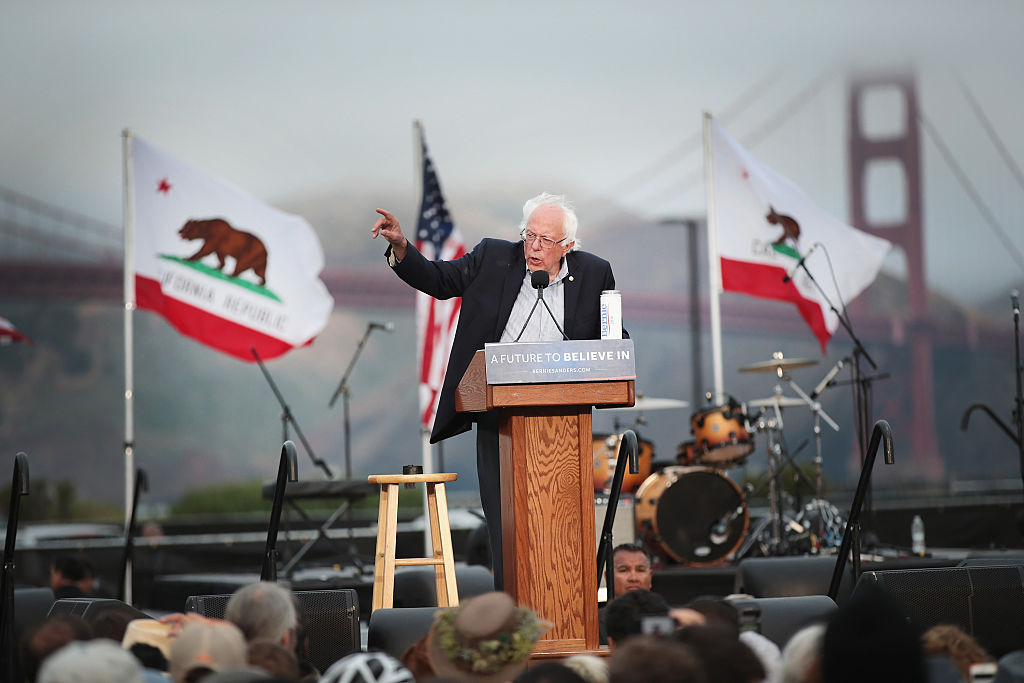
On Tuesday, six states — California, New Jersey, North Dakota, South Dakota, New Mexico, and Montana — vote in Democratic primaries or caucuses, the last big hurrah of the presidential nominating fight (Washington, D.C., votes next week). The Associated Press declared Hillary Clinton the presumptive nominee late Monday, finding she has enough pledged delegates and committed superdelegates to clinch the nomination, but Clinton downplayed the AP report and the Bernie Sanders campaign said the projections were false, noting that superdelegates don't vote until July 25. At a Sanders rally in San Francisco on Monday night, supporters were livid at AP and other news organizations, The Washington Post reports.
In his 50-minute closing speech, Sanders didn't directly mention the AP projection, instead focusing on what he said would be his win in the "most important primary in the whole Democratic nominating process," California. With the largest number of delegates up for grabs, California is a big prize, though the most likely outcome is that Clinton and Sanders split the delegates fairly evenly. "This campaign has been to me an extraordinary experience," Sanders said at his San Francisco rally. "It gives me enormous optimism about our future."
Dave Matthews played an acoustic set during Sanders' rally, but Clinton closed out her California swing at a theater in Los Angeles Monday night with performances by Stevie Wonder and John Legend ("Blowin' in the Wind," "Superstition"), Ricky Martin, Christina Aguilera, and other artists, plus speeches by Cher, Jamie Foxx, Magic Johnson, Shonda Rhimes, and other celebrities. Clinton spoke only for about six minutes, saying "we're going to come out of the primary even stronger to take on Donald Trump"; the other speakers had more pointed remarks about Trump. Los Angeles Mayor Eric Garcetti mentioned the AP news, drawing cheers from the audience, but he quickly warned that the race isn't over yet. Clinton will likely be more celebratory on Tuesday night, when she holds a rally at the Brooklyn Navy Yard.
The Week
Escape your echo chamber. Get the facts behind the news, plus analysis from multiple perspectives.

Sign up for The Week's Free Newsletters
From our morning news briefing to a weekly Good News Newsletter, get the best of The Week delivered directly to your inbox.
From our morning news briefing to a weekly Good News Newsletter, get the best of The Week delivered directly to your inbox.
Eight years ago exactly, Clinton noted pointedly on Monday, she won the California primary then immediately dropped out of the race and endorsed her Democratic challenger, Barack Obama. Sanders says he will campaign until the Democratic National Convention in July.
A free daily email with the biggest news stories of the day – and the best features from TheWeek.com
Peter has worked as a news and culture writer and editor at The Week since the site's launch in 2008. He covers politics, world affairs, religion and cultural currents. His journalism career began as a copy editor at a financial newswire and has included editorial positions at The New York Times Magazine, Facts on File, and Oregon State University.
-
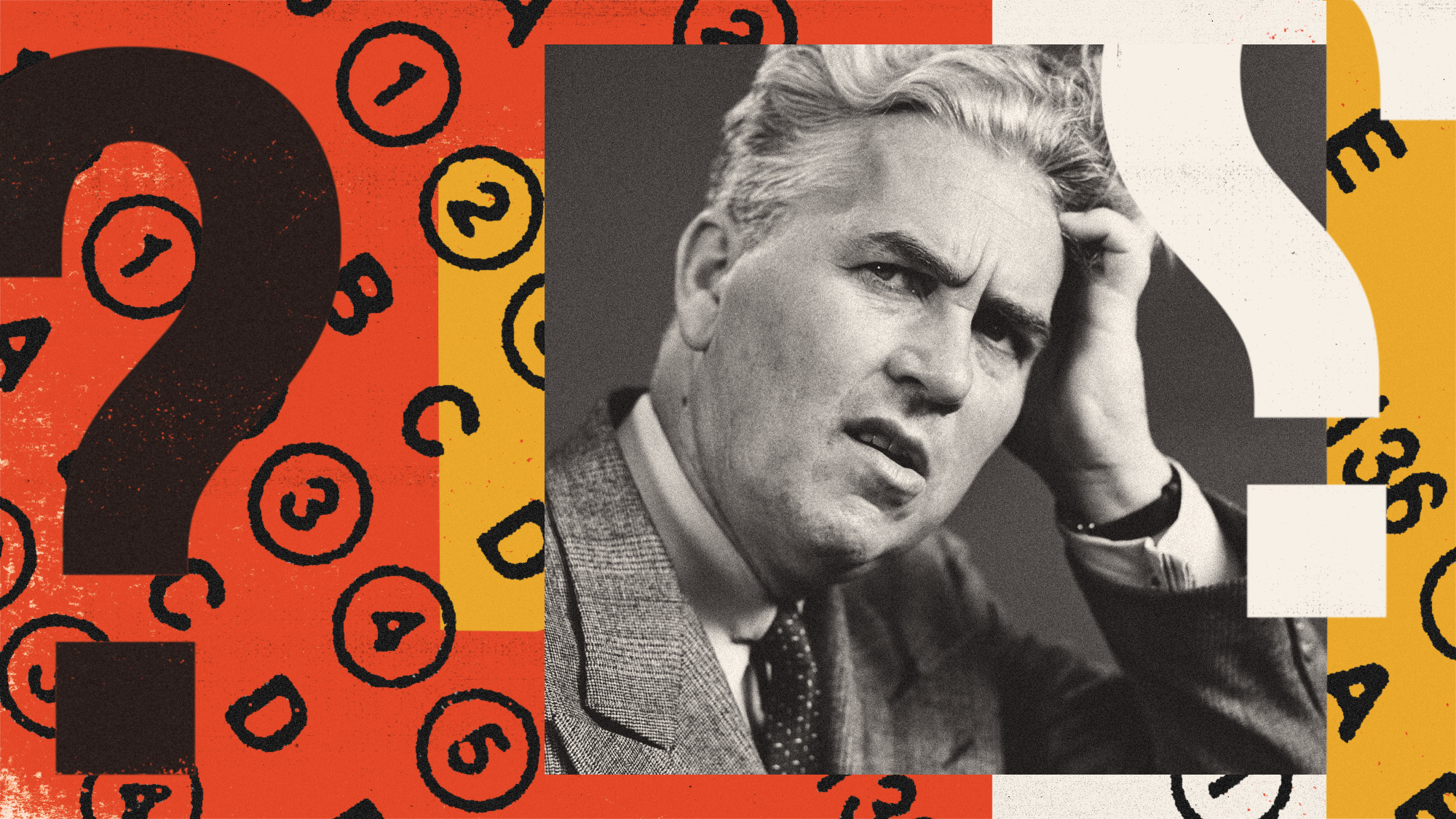 The Week’s big New Year’s Day quiz 2026
The Week’s big New Year’s Day quiz 2026Quiz of the Year How much do you remember about 2025’s headlines? Put yourself to the test with our bumper quiz of the year
-
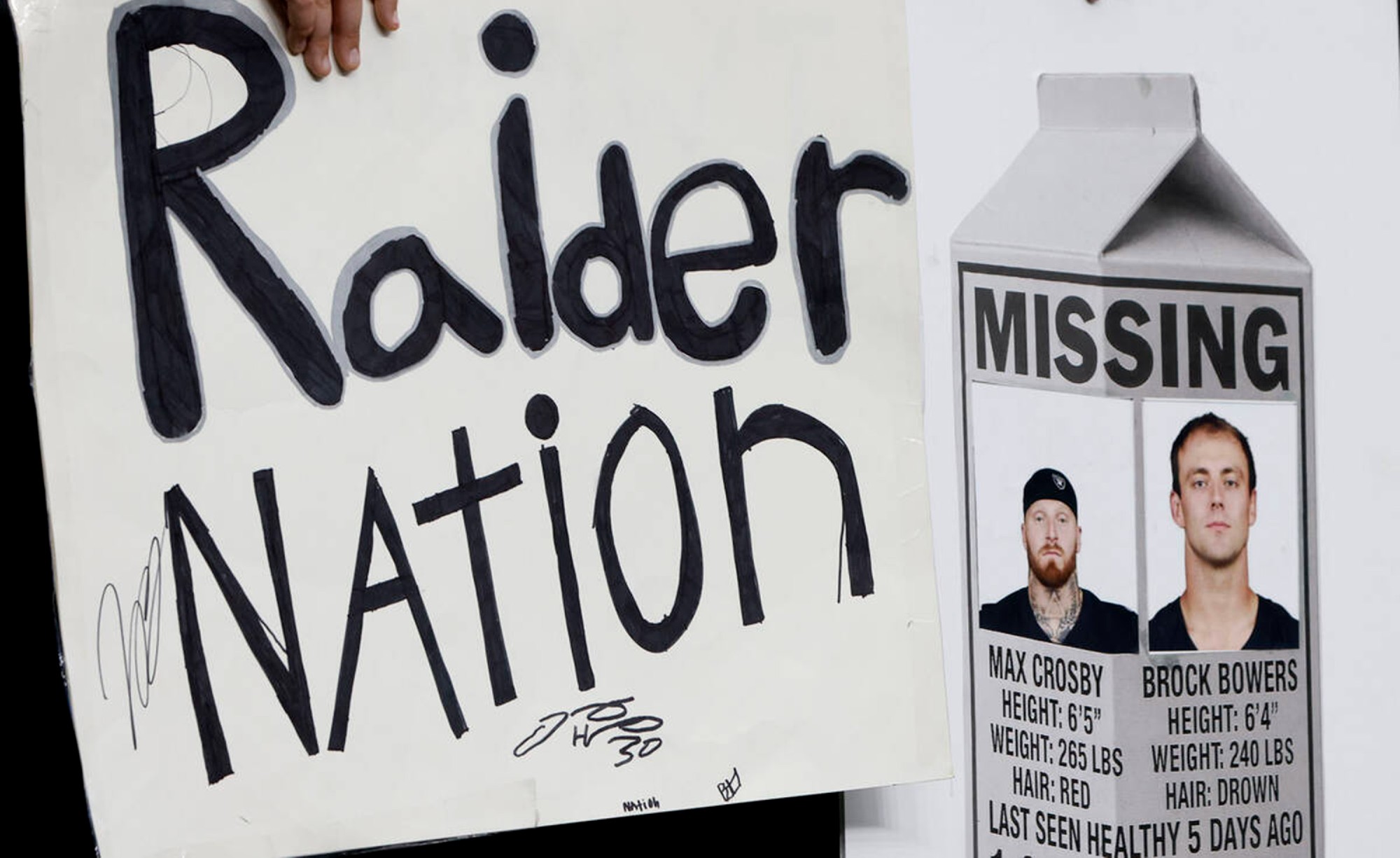 Is tanking ruining sports?
Is tanking ruining sports?Today's Big Question The NBA and the NFL want teams to compete to win. What happens if they decide not to?
-
 ‘Netflix needs to not just swallow HBO but also emulate it’
‘Netflix needs to not just swallow HBO but also emulate it’instant opinion Opinion, comment and editorials of the day
-
 Bari Weiss’ ‘60 Minutes’ scandal is about more than one report
Bari Weiss’ ‘60 Minutes’ scandal is about more than one reportIN THE SPOTLIGHT By blocking an approved segment on a controversial prison holding US deportees in El Salvador, the editor-in-chief of CBS News has become the main story
-
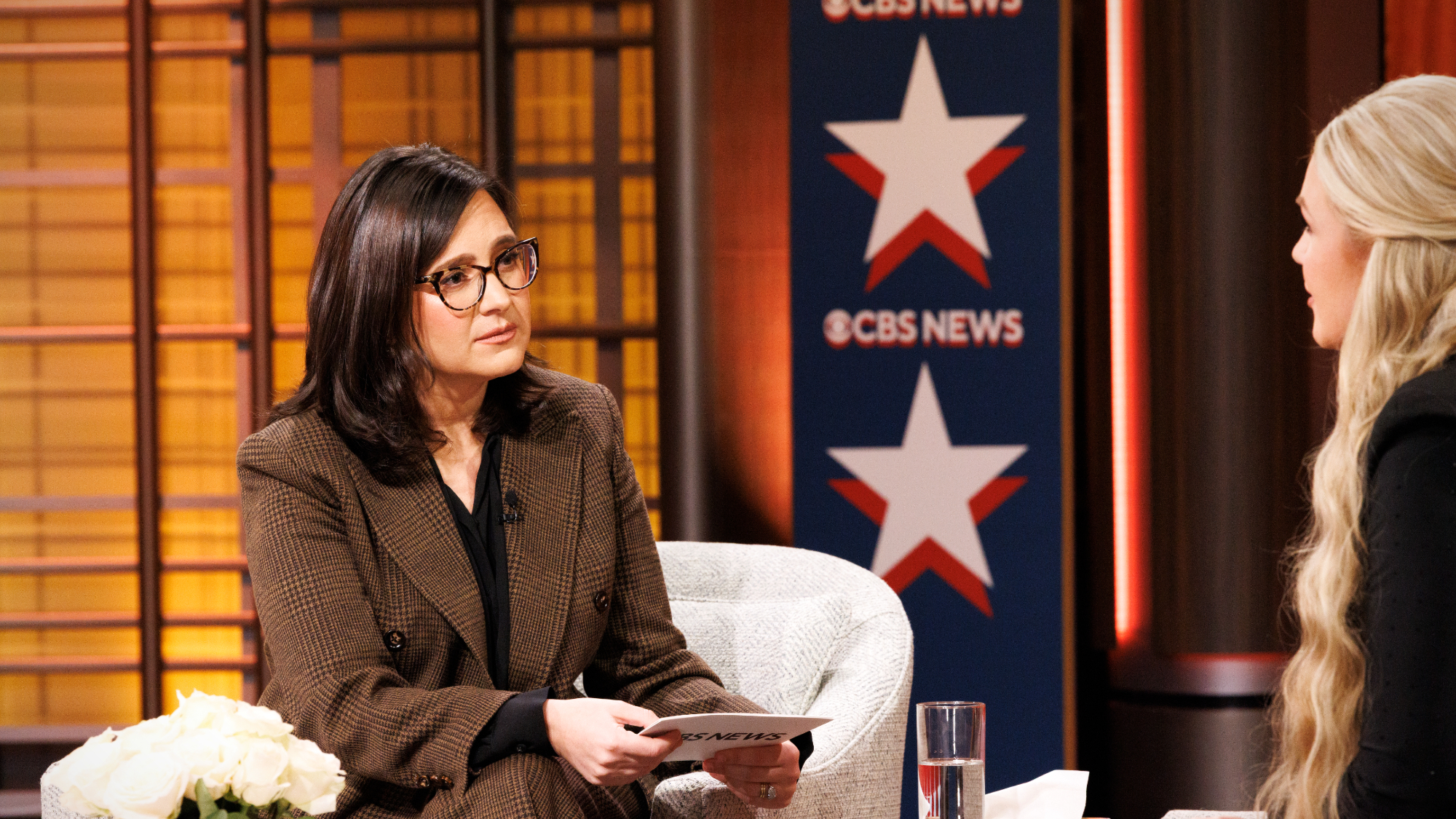 CBS pulls ‘60 Minutes’ report on Trump deportees
CBS pulls ‘60 Minutes’ report on Trump deporteesSpeed Read An investigation into the deportations of Venezuelan migrants to El Salvador’s notorious prison was scrapped
-
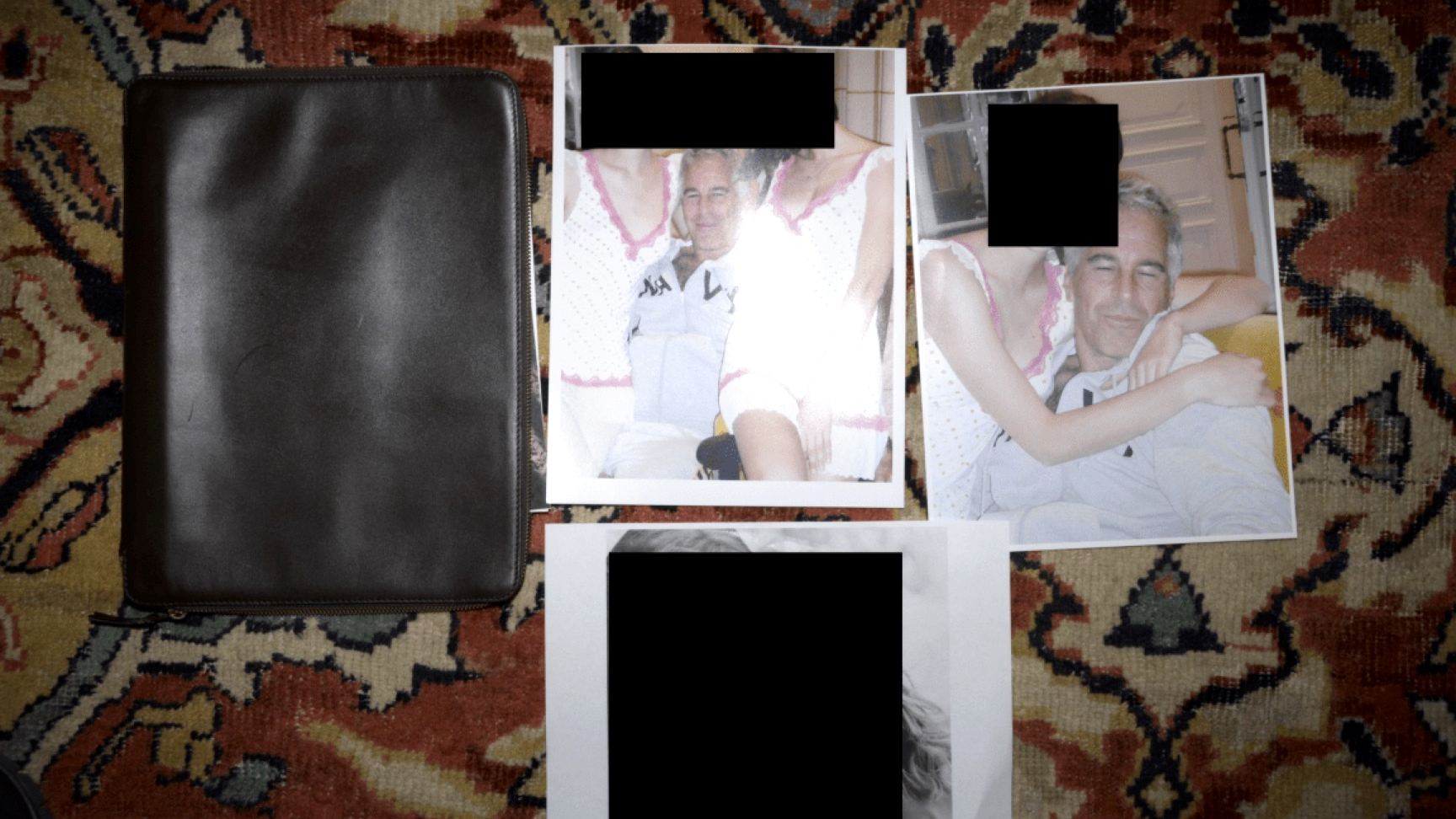 Trump administration posts sliver of Epstein files
Trump administration posts sliver of Epstein filesSpeed Read Many of the Justice Department documents were heavily redacted, though new photos of both Donald Trump and Bill Clinton emerged
-
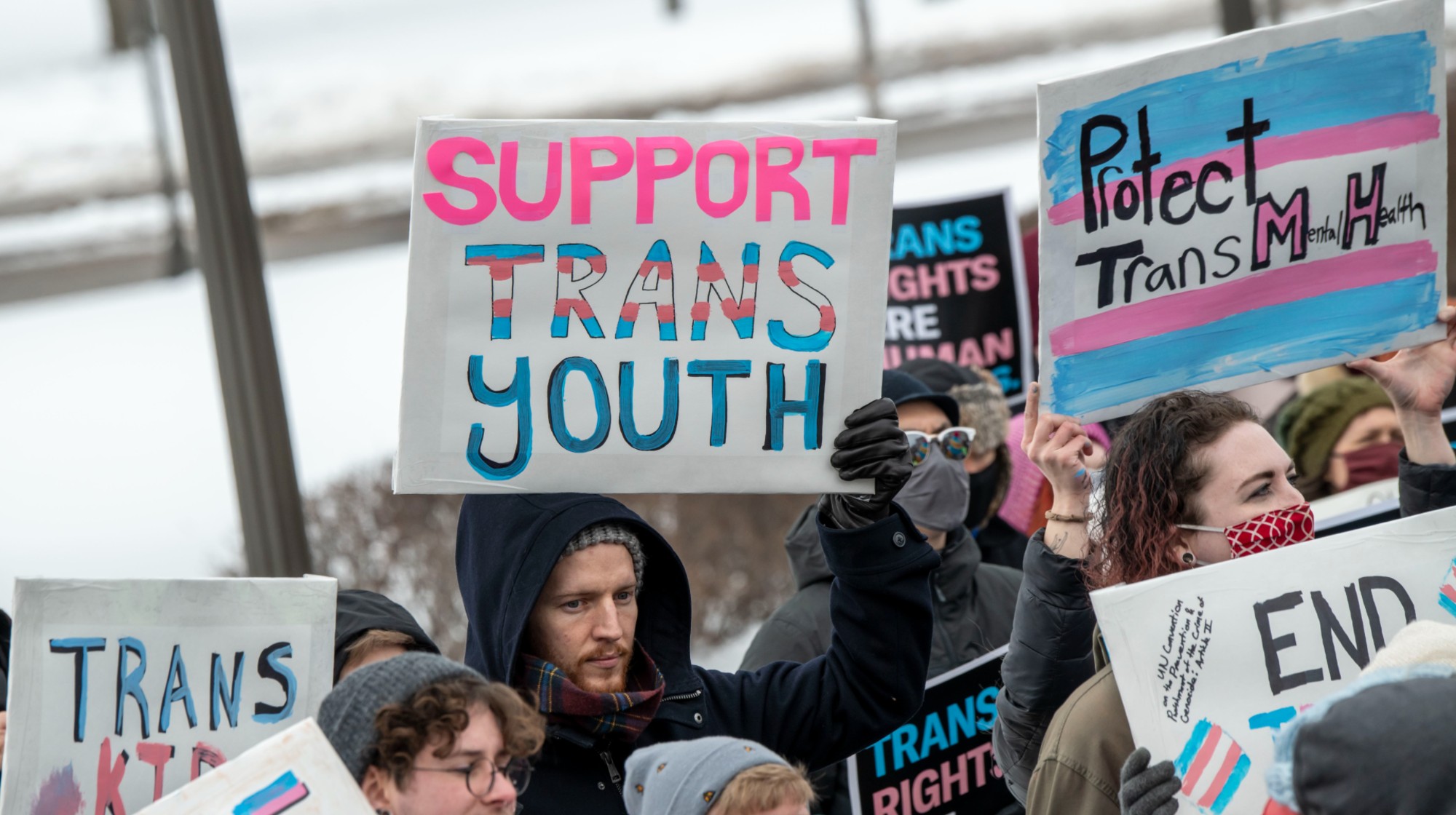 Trump HHS moves to end care for trans youth
Trump HHS moves to end care for trans youthSpeed Read The administration is making sweeping proposals that would eliminate gender-affirming care for Americans under age 18
-
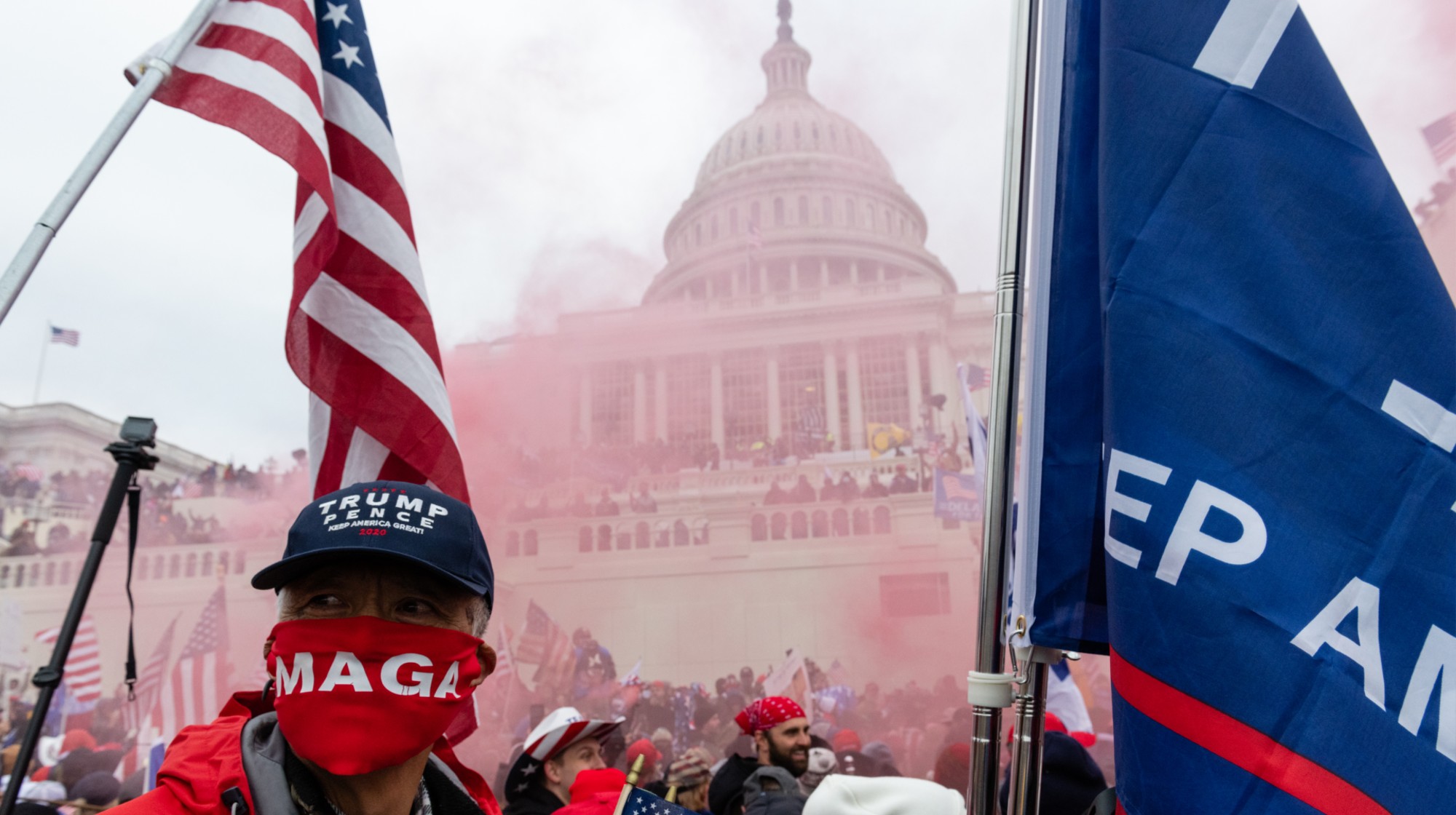 Jack Smith tells House of ‘proof’ of Trump’s crimes
Jack Smith tells House of ‘proof’ of Trump’s crimesSpeed Read President Donald Trump ‘engaged in a criminal scheme to overturn the results of the 2020 presidential election,’ hoarded classified documents and ‘repeatedly tried to obstruct justice’
-
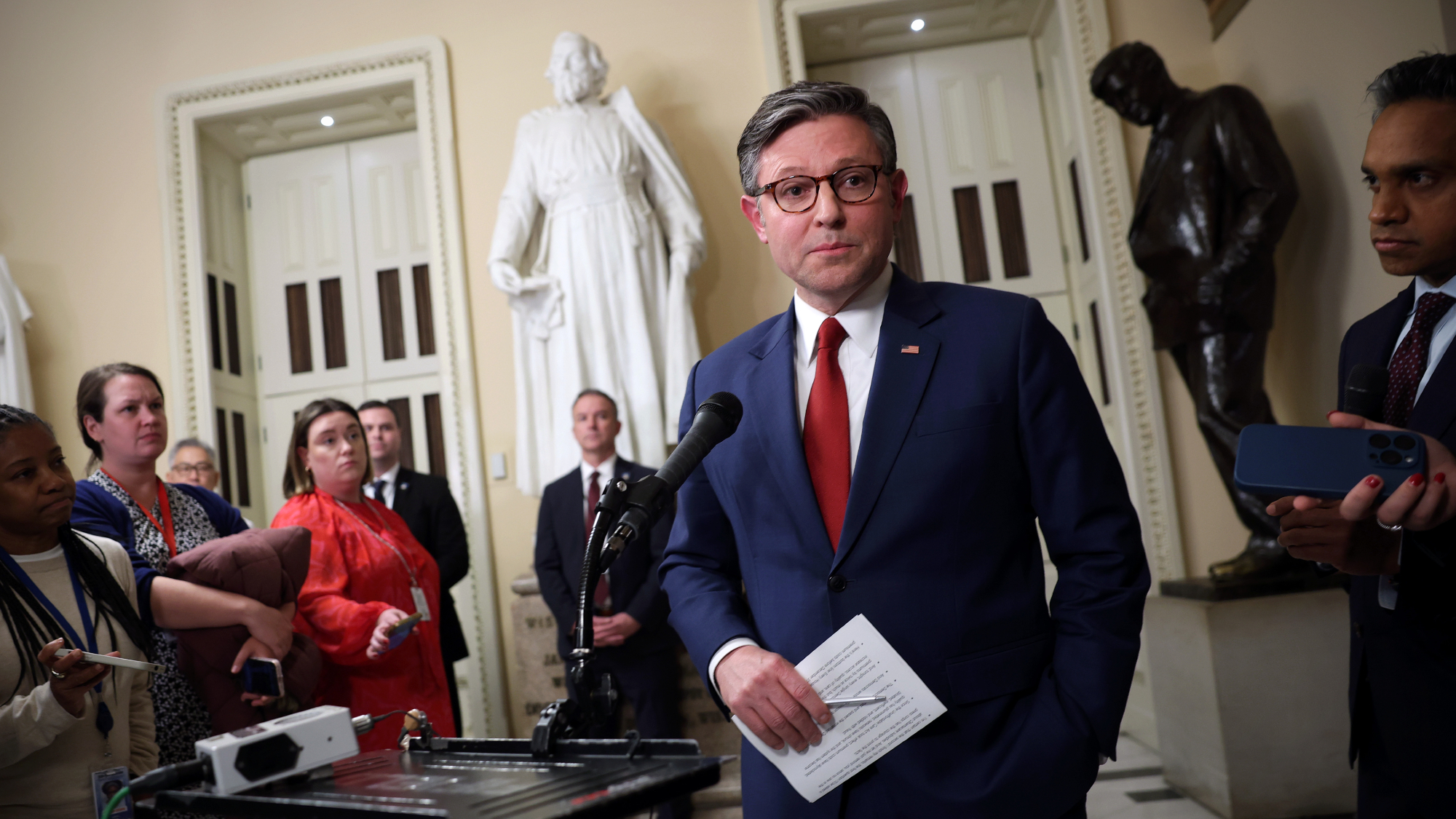 House GOP revolt forces vote on ACA subsidies
House GOP revolt forces vote on ACA subsidiesSpeed Read The new health care bill would lower some costs but not extend expiring Affordable Care Act subsidies
-
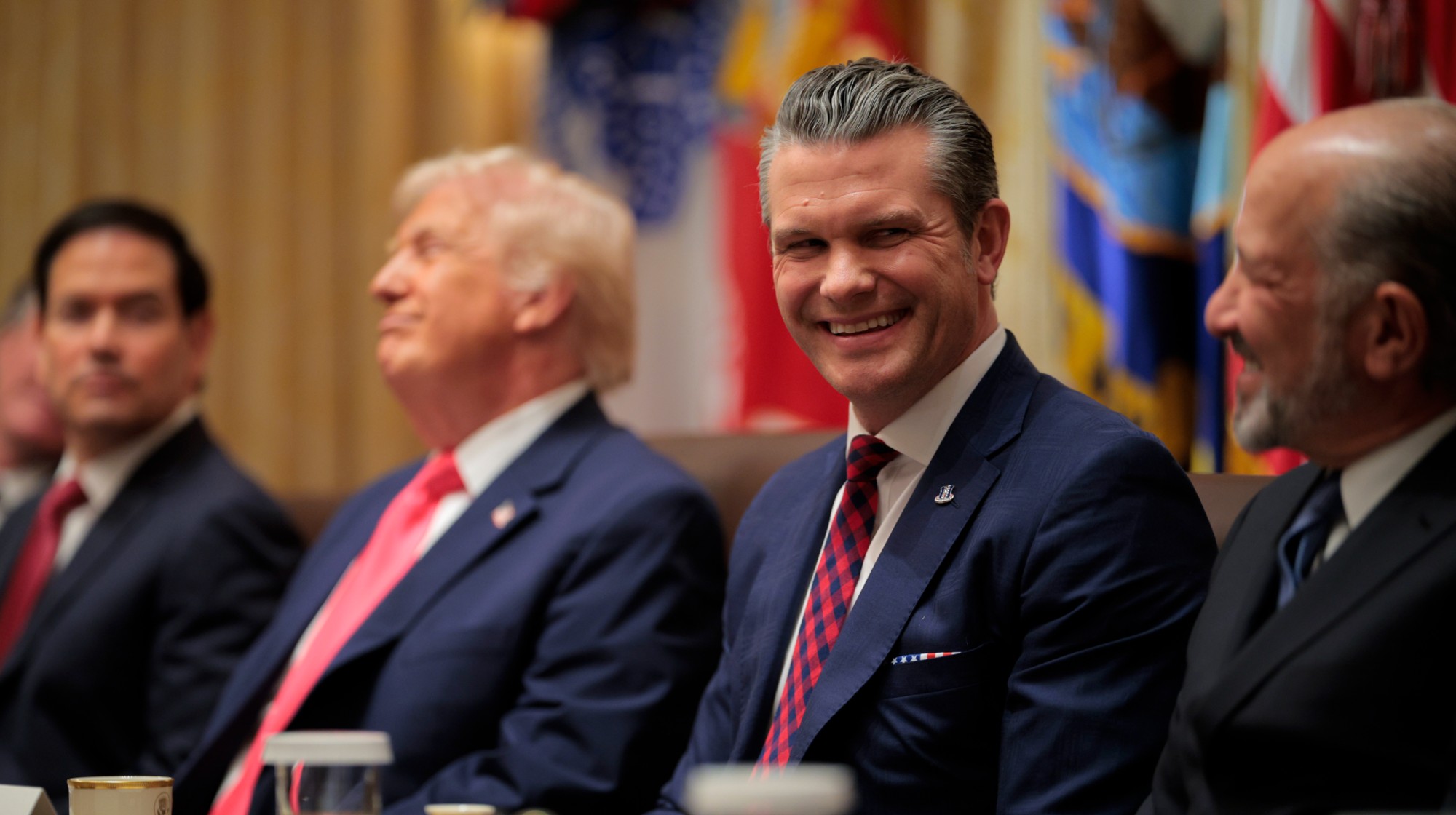 Hegseth rejects release of full boat strike footage
Hegseth rejects release of full boat strike footageSpeed Read There are calls to release video of the military killing two survivors of a Sept. 2 missile strike on an alleged drug trafficking boat
-
 Trump vows naval blockade of most Venezuelan oil
Trump vows naval blockade of most Venezuelan oilSpeed Read The announcement further escalates pressure on President Nicolás Maduro
